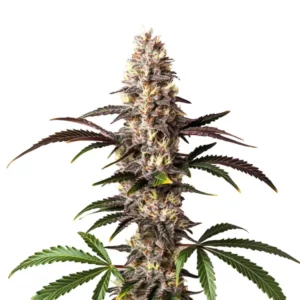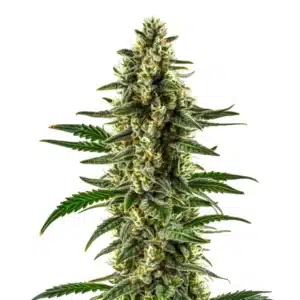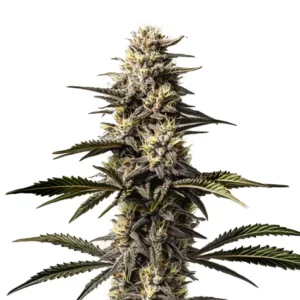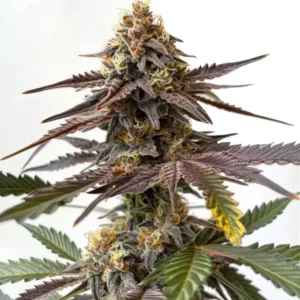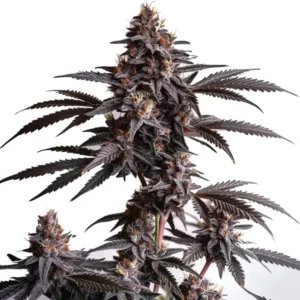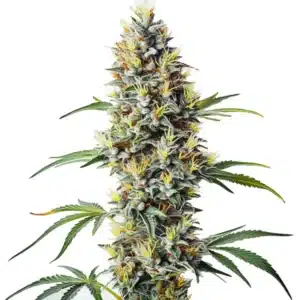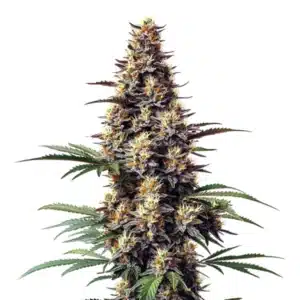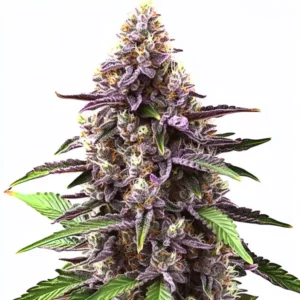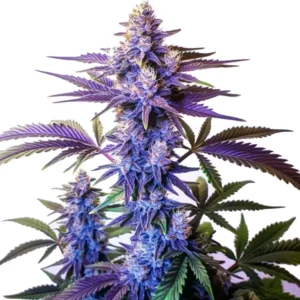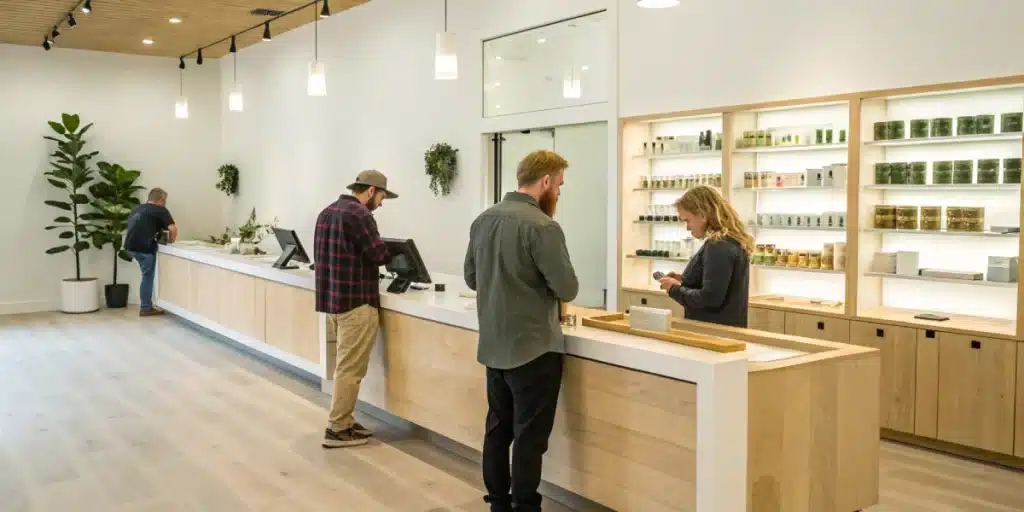
Is Recreational Weed Legal in Iowa: Current Insights
Legal Status and Regulations in Iowa
Summary of Current Cannabis Laws
The legal framework for cannabis in Iowa maintains a firm stance that permits only medical use. The state has not decriminalized recreational cannabis and enforces strict guidelines under its Medical Cannabidiol Program. Patients with qualifying conditions actively access carefully regulated cannabis products through licensed providers. Activists and community leaders generate robust conversations about potential legislative reforms to broaden legal access for non-medical use while appreciating the progress achieved thus far.
Legislators and advocacy groups keep Iowa’s cannabis policies under close review. They push for responsible changes that could eventually allow adult cannabis use. Many citizens see the current system as a stepping stone toward future reform. Ongoing debates and local initiatives contribute to a gradual shift in sentiment, which fuels the drive for policy updates that reflect evolving attitudes and modern expectations.
Distinctions Between Medical and Recreational Use
Medical cannabis offers a targeted approach that directly addresses health issues. Patients acquire cannabis following a detailed registration process and guidance from healthcare experts. Licensed dispensaries provide varieties that serve medicinal purposes and meet precise dosage requirements. This system supports individuals who rely on cannabis to manage chronic or acute conditions while ensuring safe and controlled usage.
Recreational cannabis, in contrast, caters to personal enjoyment and social experiences. Users seek products that enhance leisure and relaxation without necessarily addressing a medical need. In markets where recreational cannabis operates legally, buyers select from an array of flavor profiles and potencies crafted for diverse lifestyles. These clear distinctions help individuals grasp the importance of regulation across different spheres of cannabis consumption.
Recommended Strains
Alaskan Thunderfuck
|
|
THC | 16% (Medium) |
|
|
Type | Feminized |
|
|
Yield | Medium |
|
|
Phenotype | 40% Indica / 60% Sativa |
Matanuska Tundra Regular
|
|
THC | 15% - 20% (Medium) |
|
|
Type | Regular |
|
|
Yield | Low |
|
|
Phenotype | 80% Indica / 20% Sativa |
Government and Local Regulations
State authorities enforce rigorous protocols that govern medical cannabis while local districts sometimes add extra layers of control. Municipalities craft ordinances reflecting their community values, resulting in a mosaic of rules that shape cannabis access in various neighborhoods. These policies encourage civic discussions and collaborations, which help maintain a safe distribution system for medical cannabis.
Local officials often tailor their measures based on community insights and public sentiment. They hold consultations and public meetings to discuss the potential impact of regulatory changes. This decentralized approach enables cities to experiment with innovative strategies while the state oversees a consistent legal framework. Citizens and policymakers actively exchange ideas that promote a more responsive and adaptable regulatory structure.
Promos & Deals
Historical Context of Cannabis Legislation
Evolution of Legal Policies in Iowa
Iowa’s journey with cannabis regulation traces back to early prohibitive measures adopted during the last century. Early anti-drug initiatives led to severe restrictions that persisted for decades. Over time, changing public opinions and increased awareness of cannabis benefits spurred a gradual softening of these strict policies. Community voices began to demand a measured shift, which spurred policymakers to reexamine the severe limitations on cannabis usage.
In recent years, the state took definitive steps toward modernization by instituting the Medical Cannabidiol Program in 2017. This milestone marked a transformation in the legal landscape as Iowa embraced a controlled approach for medical cannabis. Lawmakers actively engaged with experts and stakeholders to implement rules that address public safety while acknowledging therapeutic benefits. This evolution demonstrates a practical response to shifting cultural and political dynamics.
Influences on State Legislation
Public sentiment and peer-state examples continuously shape Iowa’s legislative decisions regarding cannabis. Residents voice opinions that mirror broader national trends favoring more open policies. Proponents advocate for enhanced freedoms, while others emphasize caution and public health. These diverse perspectives inject energy into legislative debates and prompt authorities to weigh the merits of any proposed regulatory change.
Economic incentives further influence lawmakers when they deliberate potential reforms. Advocates highlight how a legal cannabis market could stimulate job creation and generate significant tax revenue. Businesses in nearby states already embrace these economic benefits, prompting local officials to reflect on similar strategies. The fusion of public opinion and economic prospects motivates a steady, thoughtful progression toward more flexible cannabis laws.
Milestones in Cannabis Reform
Significant breakthroughs have punctuated Iowa’s slow yet steady move toward cannabis reform. The establishment of the Medical Cannabidiol Program stands out as an important step, reflecting a broader willingness to embrace controlled cannabis access. Legal reforms have repeatedly emerged from coordinated campaigns by community groups and political leaders. These milestones illustrate a pragmatic response to the demands of modern society, balancing public safety with progressive change.
Each policy update lays a foundation for further discussion. Lawmakers and advocacy groups closely monitor emerging trends and the successful implementations in other regions. Their efforts consistently seek to enhance patient access, refine regulations, and prepare for future changes that may permit recreational use. These reform milestones signal a careful progression toward a more inclusive framework that upholds both tradition and progress.

Availability and Purchasing Guidelines
Where to Legally Obtain Recreational Weed
While recreational cannabis remains banned for general use, qualified patients legally purchase medical cannabis from licensed dispensaries. Providers offer a range of products, including edibles, oils, and dried flower, all tailored for medical purposes. These outlets ensure that patients receive quality products that meet stringent state standards and contribute to overall wellness. Buyers experience a streamlined process that emphasizes safety and accountability throughout every transaction.
Market observers anticipate that future changes might open retail channels for recreational products. Existing dispensaries may expand their inventory while new outlets spring up to meet growing demand. Local businesses prepare by refining their service models and training staff to adhere to responsible guidelines. Enthusiasts remain alert for signs that legislative shifts could eventually broaden legal access for adult consumers.
Identification and Age Verification
Patients prove eligibility through strict identity checks and age verification processes at licensed dispensaries. Authorities require individuals to present valid identification before they gain access to cannabis products. Staff ensures that every transaction aligns with established legal standards. These measures guarantee that only eligible buyers obtain access, reinforcing the system’s reliability and transparency.
Retailers implement secure methods that verify each customer’s status promptly. Officials actively monitor compliance during every sale, making the process efficient and straightforward. Such verification protocols help maintain a safe environment for all participants in the medical cannabis market. The attentive management of identification practices fosters trust between consumers and providers while deterring misuse.
Purchase Limits and Regulations
Patients adhere to purchase limits designed to minimize the risk of misuse and ensure fair distribution among those in need. Regulators set strict quantity controls that help maintain public safety while guaranteeing access for all medically eligible individuals. These limitations reflect policymakers’ commitment to balanced oversight and responsible commerce. Buyers follow clear guidelines that support both individual health requirements and broader social objectives.
Future adjustments could extend such restrictions if recreational cannabis enters the legal market. Lawmakers plan to implement safeguards that resemble current measures while adapting to new market dynamics. Authorities follow fiscal and social trends to refine purchase regulations continuously. As debates persist, stakeholders monitor updates keenly to ensure that any changes protect community interests without compromising service quality.
Social and Economic Considerations
Impact on Local Communities
Communities in Iowa experience diverse consequences from existing cannabis policies, which affect social and economic dynamics distinctly. Local businesses and civic leaders join forces to manage the community impact. They engage in programs that educate residents about safe consumption and the fiscal benefits associated with regulated access. Active community participation often inspires targeted outreach and support programs tailored to local needs.
Residents celebrate potential financial gains while remaining vigilant about public safety. Local administrations facilitate discussions that address social challenges and explore opportunities for public service improvement. Municipal leaders invest in community initiatives that promote health and responsible cannabis use. This balanced approach supports civic welfare and nurtures an environment where progressive reforms can blossom gradually.
Economic Benefits and Tourism Effects
The potential financial gains from cannabis reforms excite many economic strategists. Legal cannabis markets in other states stimulate substantial tax revenue and create numerous jobs. Iowa’s proponents argue that regulated cannabis could lead to similar outcomes. Entrepreneurs and investors explore ways to harness the economic momentum that accompanies legal markets. Vibrant local economies could benefit from increased spending and improved business activity.
Tourism also stands to flourish should the market expand to include recreational options. Visitors seeking authentic cannabis experiences may drive demand for local tours, educational sessions, and niche retail experiences. Towns and cities strategically position themselves to welcome travel that boosts local commerce and inspires creative partnerships. Stakeholders eagerly collaborate to transform potential economic opportunities into tangible community benefits.
Public Attitudes Toward Recreational Use
Surveys suggest that Iowans actively express opinions that favor increased cannabis freedoms. People from various backgrounds voice support for a regulated recreational market and participate in open discussions on future policies. Residents engage actively in conversations that highlight both benefits and concerns associated with wider cannabis access. Their comments often influence local initiatives and legislative proposals that embrace change gradually.
Community forums offer platforms where citizens articulate their perspectives clearly. Diverse groups interact in a spirit of constructive dialogue that emphasizes responsible consumption. Public sentiment flows through every policy review session, making it an essential part of the decision-making process. By maintaining a clear channel for opinions, authorities adapt their strategies in ways that reflect the genuine interests of their constituents.

FAQs about is recreational weed legal in iowa
Is recreational cannabis fully legalized in Iowa?
Iowa currently permits only medical cannabis use and has yet to legalize recreational cannabis. Licensed dispensaries supply regulated products strictly for patients with qualifying conditions. Active debate continues regarding potential future changes. Many advocates and policymakers closely monitor neighboring states’ progress to inform future legislative adjustments while ensuring public safety and community well-being.
How does Iowa regulate recreational weed sales?
Recreational weed sales do not occur legally in Iowa at present. Instead, the Medical Cannabidiol Program governs controlled transactions exclusively for qualified patients. Retailers enforce strict customer verification processes, ensuring all sales comply with state laws. Officials remain alert to any market developments that might signal a shift toward broader legalization in the future.
What future changes are expected in Iowa’s cannabis laws?
Experts predict that increased public support may prompt legislative discussions about legalizing adult cannabis use. Lawmakers actively review trends from neighboring states and economic data to shape potential reforms. Future changes could introduce regulated sales channels while continuing to prioritize patient safety and community standards. Stakeholders remain engaged in ongoing conversations about balanced policy updates.


